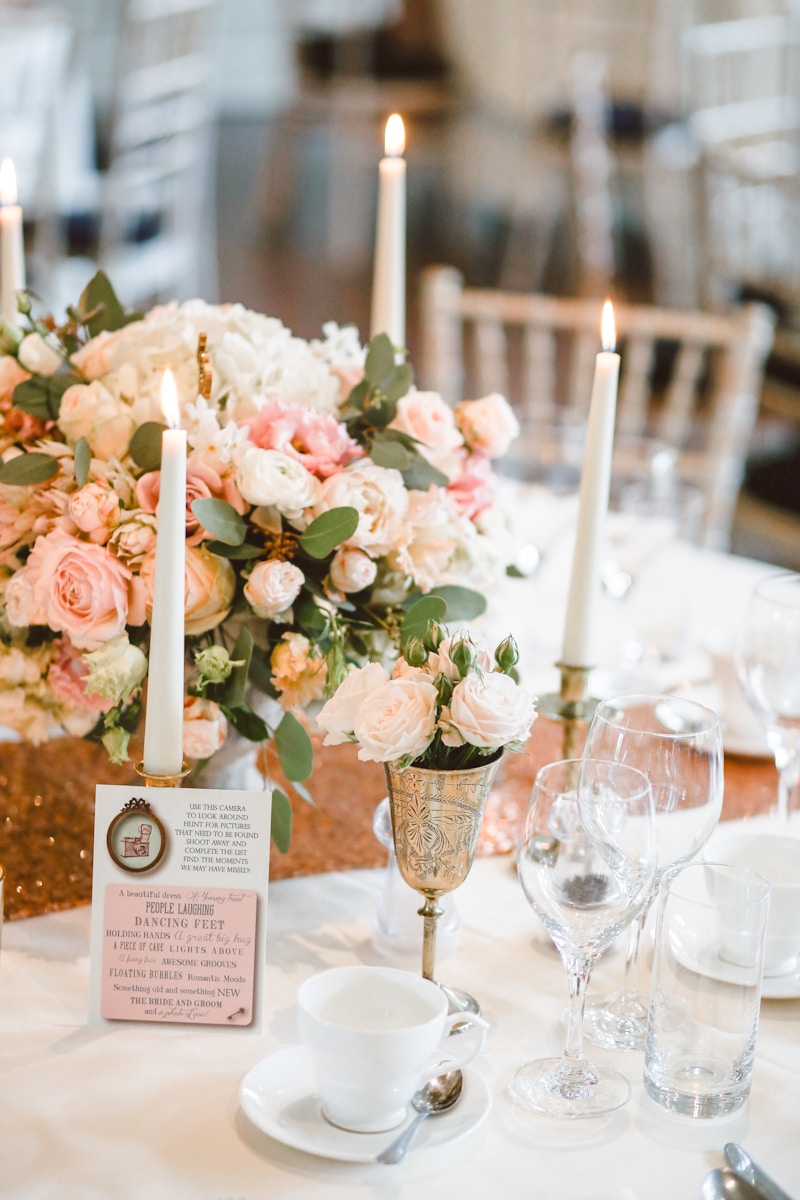How to Handle Wedding Dress Sizing Issues: A Comprehensive Guide
Introduction to Wedding Dress Sizing Issues
Choosing the perfect wedding dress is one of the most exciting parts of planning a wedding. However, navigating sizing issues can become a daunting task for many brides-to-be. From different sizing charts to unique body shapes, understanding how to manage wedding dress sizing can make all the difference in your overall experience. This article will provide essential tips and strategies on how to handle wedding dress sizing issues, ensuring you look and feel your absolute best on your special day.
Understanding Wedding Dress Sizing
Wedding dress sizes can be perplexing due to the lack of standardized sizing across different designers and boutiques. Unlike regular clothing, bridal sizes tend to run smaller, which can lead to confusion and frustration. Before jumping into solutions, it’s crucial to understand how wedding dress sizing works.
What You Need to Know
- Bridal Size vs. Street Size: Typically, bridal sizes can be 2-4 sizes larger than your regular street clothes. For example, if you wear a size 8 in everyday clothing, you might need a size 10 or 12 in bridal wear.
- Custom Fit Options: Many boutiques offer custom fitting services, allowing you to have a dress tailored specifically to your measurements.
- Measurement Importance: Accurate measurements are crucial to understanding what size to order. You can even consult a professional for the most accurate sizing.
Common Sizing Issues Brides Encounter
| Sizing Issue | Description |
| Too Tight | Dress does not fit around the bust, waist, or hips, causing discomfort. |
| Too Loose | Dress is baggy, leading to a lack of shape and support. |
| Length Issues | The dress is too long or too short relative to the bride's height and chosen footwear. |
Tips for Handling Sizing Issues
Now that we've identified common issues, let’s delve into practical solutions for handling wedding dress sizing problems.
1. Get Professionally Measured
Start by visiting a bridal boutique or seamstress to have your measurements taken. Bring along your correct undergarments and any shoes you plan to wear on your big day. This can be invaluable in getting an accurate size.
2. Understand the Designer's Sizing Chart
Each designer has their own sizing chart, which can drastically differ. Be sure to review the specific chart for the brand you’re interested in to find the best match for your measurements.
3. Consider Customization
If your measurements fall between sizes or if you have specific fit requests, don't hesitate to ask the designer about customization options. Many designers can make adjustments to ensure a better fit.
4. Do Not Rely Solely on Size Tags
Remember, size tags can be misleading. Always try on the dress and assess how it fits rather than relying solely on the number on the tag.
Handling Different Body Types
Every bride is unique, and so are their body shapes. Understanding how different styles can complement various silhouettes is crucial in handling sizing issues.
1. Hourglass Shape
This body type generally looks great in dresses that highlight the waist. Consider A-line or mermaid styles that can accommodate your curves without being too tight.
2. Pear Shape
If you have a smaller upper body, you might prefer dresses that accentuate the upper half, such as off-the-shoulder or sweetheart necklines. Ensure the size accommodates your hips comfortably.
3. Athletic Build
A-line dresses can soften shoulders and create a more feminine silhouette. Look for designs that add volume to your hips and waist to create balance.
4. Plus Size
Plus-size brides should seek out designers specializing in curvy silhouettes. A custom fit can make a world of difference in how fabric drapes and flatters your figure.
Alterations: The Key to Perfect Fit
Sometimes, no matter how meticulous you are, a dress may still require alterations after its initial fitting. Here are some points to consider:
1. Timing of Alterations
Schedule your fitting appointments three to four months before your wedding, allowing ample time for adjustments. Early alterations give you time to make additional changes if necessary.
2. Choosing an Experienced Seamstress
Select a seamstress with experience in bridal wear to ensure the best outcome. Always check reviews or ask for recommendations from friends or your boutique.
3. Communicate Your Needs
Clearly articulate your vision to your seamstress. Bring pictures or notes about what you like and any concerns you have regarding sizing.
Final Thoughts and Recommendations
Dealing with wedding dress sizing issues can be overwhelming, but with the right information and resources, you can navigate this challenge with ease. Always remember to measure accurately, understand your body type, and consult professionals when in doubt. By taking these steps, you ensure that you find a beautiful dress that fits perfectly, allowing you to enjoy your special day without any worries.
Key Takeaway: Don’t stress over sizing issues; instead, focus on finding the right fit with proper measurements, custom options, and timely alterations. This way, you’ll not only look stunning but also feel confident as you walk down the aisle.
